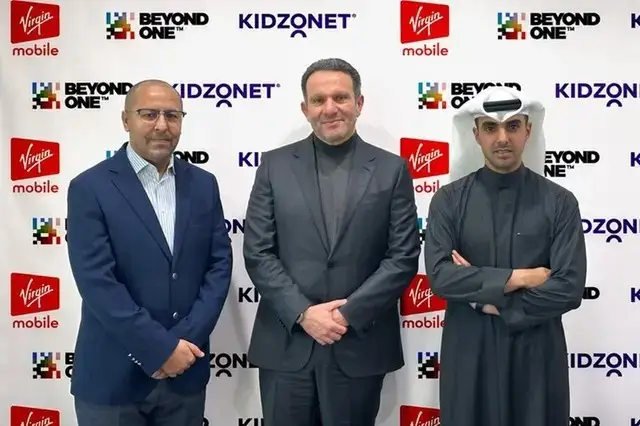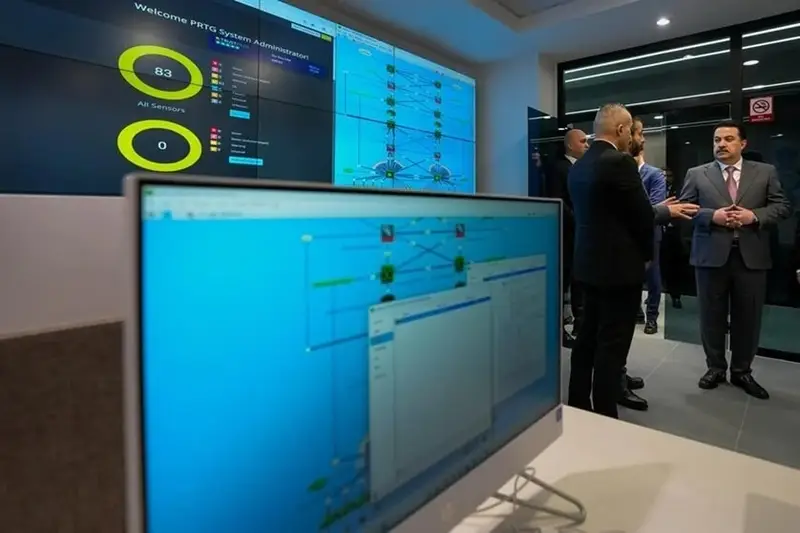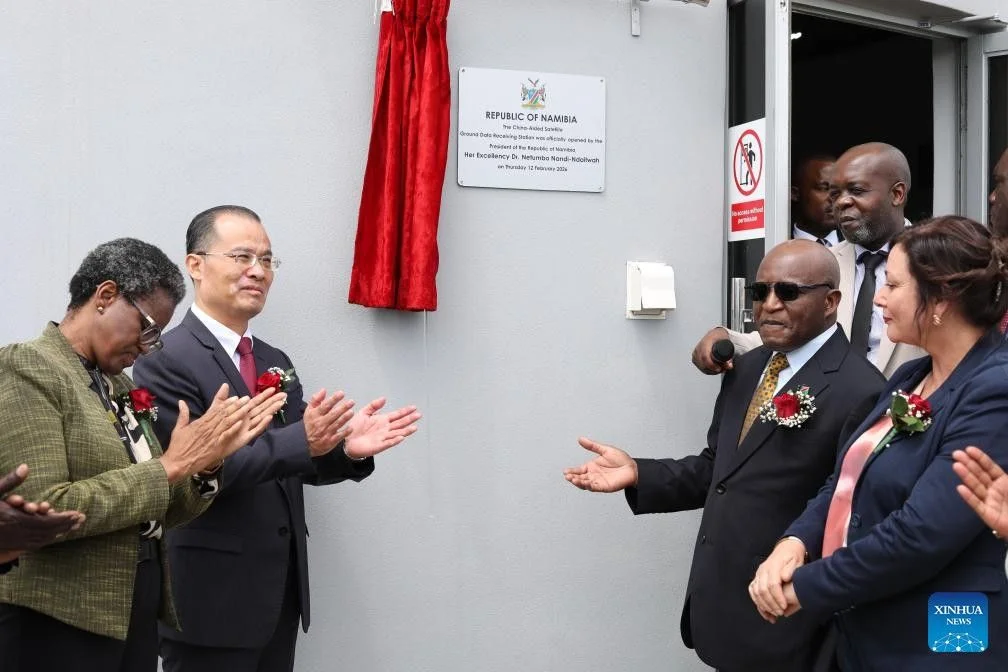Grid Telecom, a wholly-owned subsidiary of the Independent Power Transmission Operator (IPTO) of Greece, has announced a partnership with Saudi Electricity-owned Dawiyat Integrated to build a subsea cable system connecting Greece to Saudi Arabia.
The Memorandum of Understanding (MoU), signed on July 23, outlines plans for a cable linking Crete, Saudi Arabia, and other major destinations across the Arabian peninsula and Europe. While specific details and timelines for the project have not been disclosed, the partnership aims to enhance network resiliency and expand reach.
Wael Ali Al-Ghamdi, CEO of Dawiyat Integrated, emphasized the strategic importance of the partnership: “Our collaboration with Grid Telecom in a consortium to build this new cable system will increase our network’s resiliency and reach. Leveraging Crete’s strategic position, it will interconnect Saudi Arabia with Greece and the Balkans, providing a new entry point to Europe.”
Kostas Agathakis, Chairman of Grid Telecom, echoed these sentiments, noting: “Our collaboration with Dawiyat Integrated in building this new cable system will support the creation of a new corridor between Greece and Saudi Arabia. It will also enhance Crete’s role as a regional open-access interconnection node in the Eastern Mediterranean and the Balkans.”
Dawiyat Integrated, established in 2009, is a telecommunications firm based in Saudi Arabia, offering colocation services in the country. Grid Telecom, founded in January 2019, operates a network of over 4,000km of fiber terrestrial and subsea cables across Greece.
Grid Telecom has previously announced plans to build a subsea system connecting Israel and Greece in collaboration with Tamares Telecom. The company is also planning to establish a cable landing station on the Greek island of Crete, which currently serves as a landing point for several existing cables and is expected to be connected to more than 10 cables in the coming years.
Existing landing points in Chania, Crete, include AAE-1, Blue, MedNautilus, SeaMeWe-3, and Silphium cables. In Saudi Arabia, Duba, Neom, and Jeddah serve as landing points for IEX, PEACE, SeaMeWe-3, SeaMeWe-4, FLAG, AAE-1, and 2Africa cables.
This partnership is expected to provide synergies for additional projects, such as hyperscale-ready data centers, further strengthening the telecommunications infrastructure in the region.















